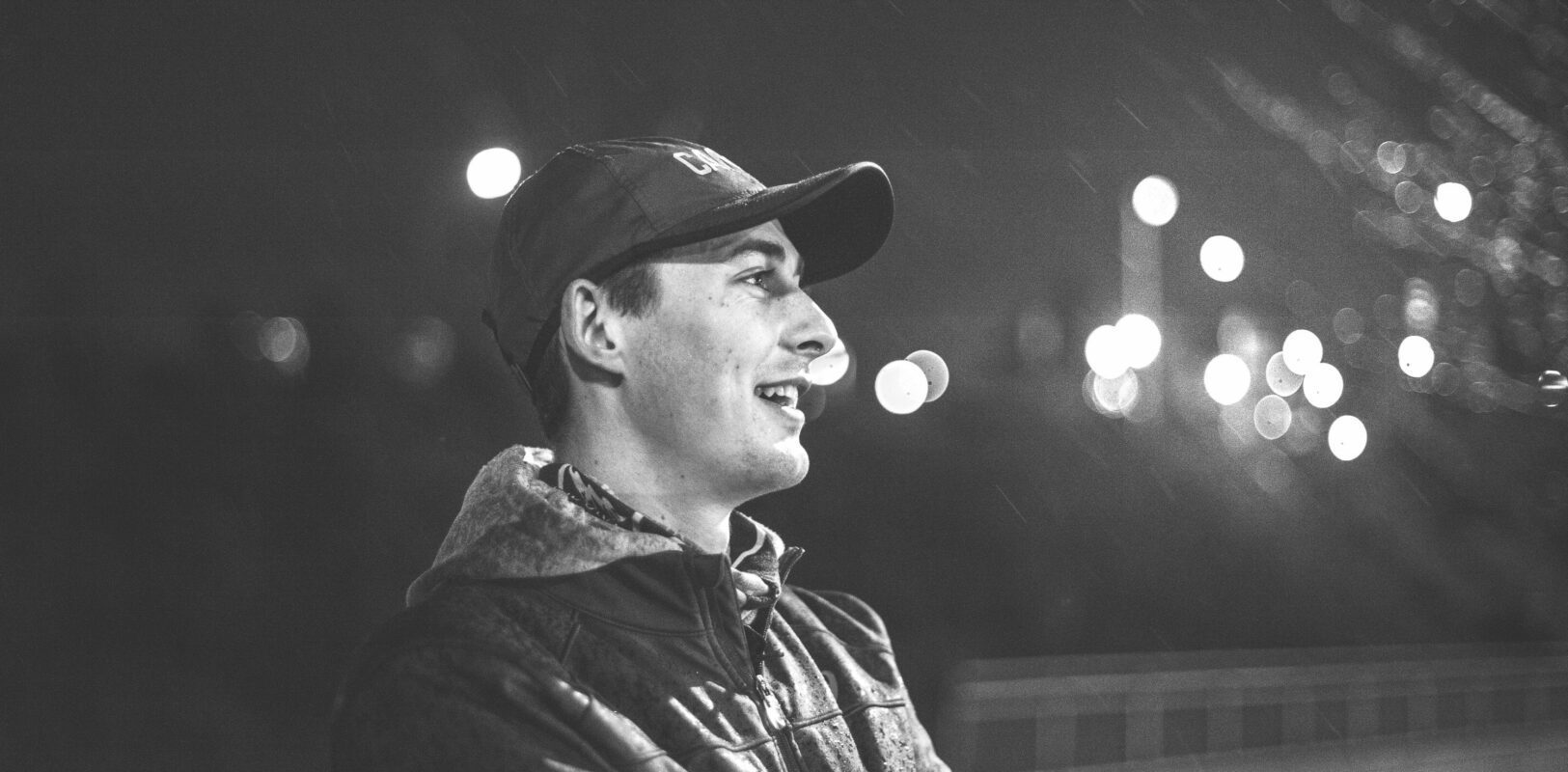
Overcoming Injury: Learning to Enjoy the Struggle
Injuries happen— as runners, it’s almost inevitable that, at some point, you’ll be dealing with some kind of injury that halts training and leaves you down, frustrated and on the couch. A femoral stress reaction this past fall and a nagging achilles injury to start the new year have truly tested my patience and dedication to the sport. In our age of social media highlight reels we rarely see the everyday struggles. We usually only see the moments of triumph crossing the finish line and breaking the tape. I hope by sharing my journey someone out there who’s going through a rough patch in training or in life can find comfort that they are not alone. There’s always light at the end of the tunnel, though it might be hard to see at first, but if you keep chipping away—you’ll eventually get there. The following will dive a little into my injury woes and provide some insights that I found helpful to get through them.
In running, you’re constantly pushing your boundaries and redefining what you thought you were previously capable of. You ride a fine line of being in the best shape of your life to overtraining and injured. This fall I rode the line a little too closely and came out on the injured side of things. I was coming off a big spring and summer of racing and had the mentality that I was invincible. I was pushing the speed on the track while also keeping my foot on the mileage. A recipe for disaster that ultimately left me with a femoral stress reaction in the middle of October that took me out of running for 12 weeks. I’d go from running the Goodlife Fitness Victoria 8km breaking a 40 year old record to the following week not being able to walk around my kitchen without extreme discomfort.
Take your time
Captain hindsight here—sometimes the toughest part of getting injured is acknowledging that you’re hurt and giving your body the right time to heal. Most of the time I find myself ignoring warning signs my body is sending me here and there hoping that they’ll just resolve on their own. As runners we become stubborn with this idea that fitness just oozes out of us if we take a day or two off. It doesn’t— taking that extra day off is way better than missing out on a month of training.
Find an outlet
Once I received clearance from my coach and medical staff to do some cross training activities, my immediate reaction was to cross train like a mad man. I bought a bike trainer and alternated mornings pool running and evenings cycling on the bike. With an Olympic year coming up, I had a lot of motivation to try and maintain my fitness. Cross training became my necessary evil; as mind numbing as it can be it gave me an outlet to feel like I was making progress.
To get through the pool workouts I found the earlier I got up to head to the pool, the easier it was mentally to endure the monotony. Whether it was because I was half asleep or knowing that I’d be sleeping otherwise made it that much easier to endure. In the same fashion, I’d even start turning Canucks games into workouts on the bike (hard during commercial breaks, increasing resistance during penalties, tempo during period breaks). Plus, with the Canucks leading the league in power play opportunities you can imagine a few of those games turned into some tough workouts.
It was also during this period that I started Mile2Marathon Burnaby. Coaching was something that I always wanted to get into and this injury proved to be an opportune time to explore that option. It gave me another community of support and brought on a whole new perspective on running that I wouldn’t have come to realize otherwise. It is inspiring coaching online and working with people who come to workouts with a big smile on their face while juggling multiple jobs, providing for a family and working graveyard shifts.
Keep a positive mindset
Every day you are injured can feel like an eternity. I would consistently get frustrated and down that I couldn’t run and enjoy the simplicity of the outdoors. Cross training would get old, really fast— there were days when I would dread going in the pool or hopping on the bike (even though it was in my bedroom). Staying positive was tough.
When you take away the thing that your whole day used to revolve around it can throw you out of whack. What helped me was trying to switch my focus from things I could do versus things I couldn’t. As simple as it sounds, having that mindset and approach can make a world of difference. It changes your daily outlook, from dreading the pool workout as if it were punishment, into a positive outlet to get better.
Positivity can become infectious. Over the past four months I began more and more to ‘enjoy the struggle.’ I adopted it as my mantra; packed with it an undeniably optimistic and positive mindset that enduring what you’re going through now will be better in the future. It forced me to turn any negative situation into a positive. It forced me to focus on the amount of time I still have rather than the time I had missed. This sport is full of ups and downs and sometimes you find yourself riding from one emotional high to the next. Moments of success are fleeting in this sport; it’s enduring the struggle that makes those moments of success that much more impactful.
Looking back, I’m grateful for this period in my life. It opened me up to new challenges, and allowed me to explore new opportunities with M2M that I might not have explored otherwise. I’m back to almost full volume with training and will be heading up to Flagstaff to join the rest of the squad mid march. I’m still a ways away from racing, but you bet i’ll be chipping away and enjoying the struggle all the way there. We all deal with setbacks in life, whether physical, emotional or both – it’s not about trying to avoid those moments but making a conscious choice on how to react to them when they arise.
See you all around the track.
-Justin
 Justin Kent
Justin Kent